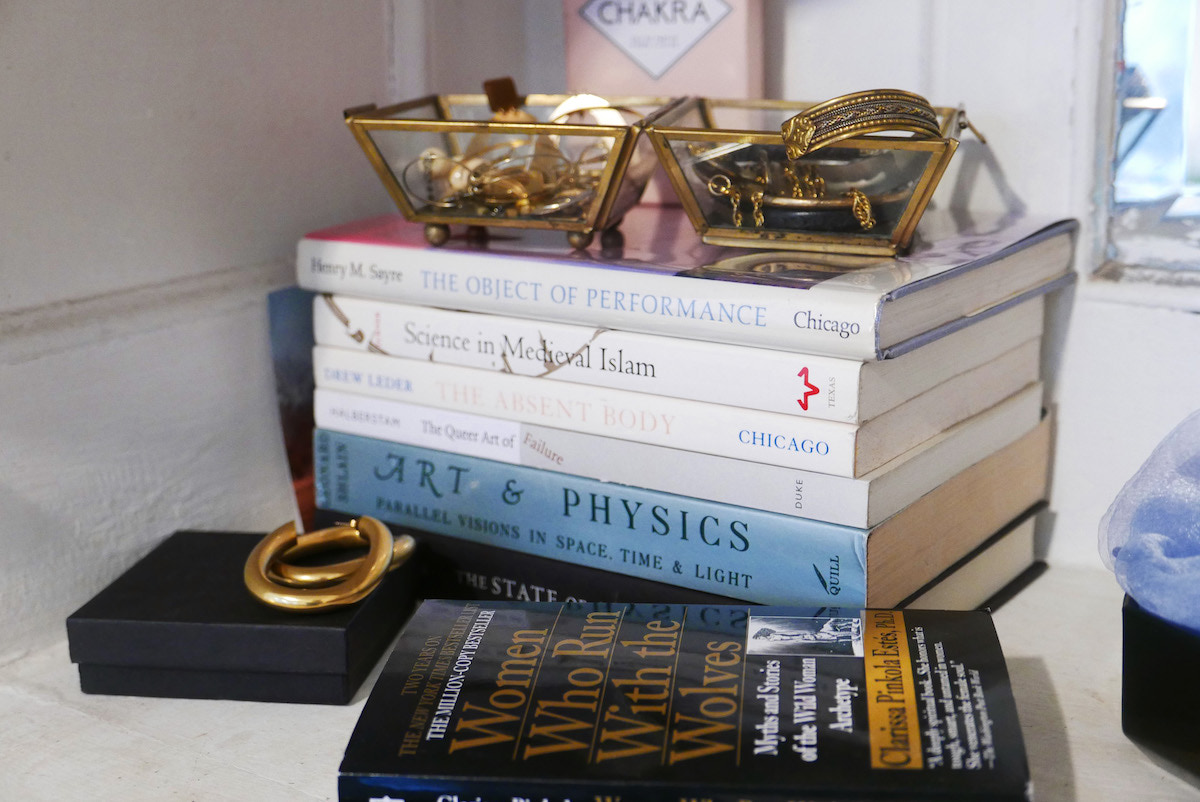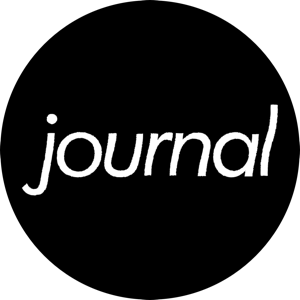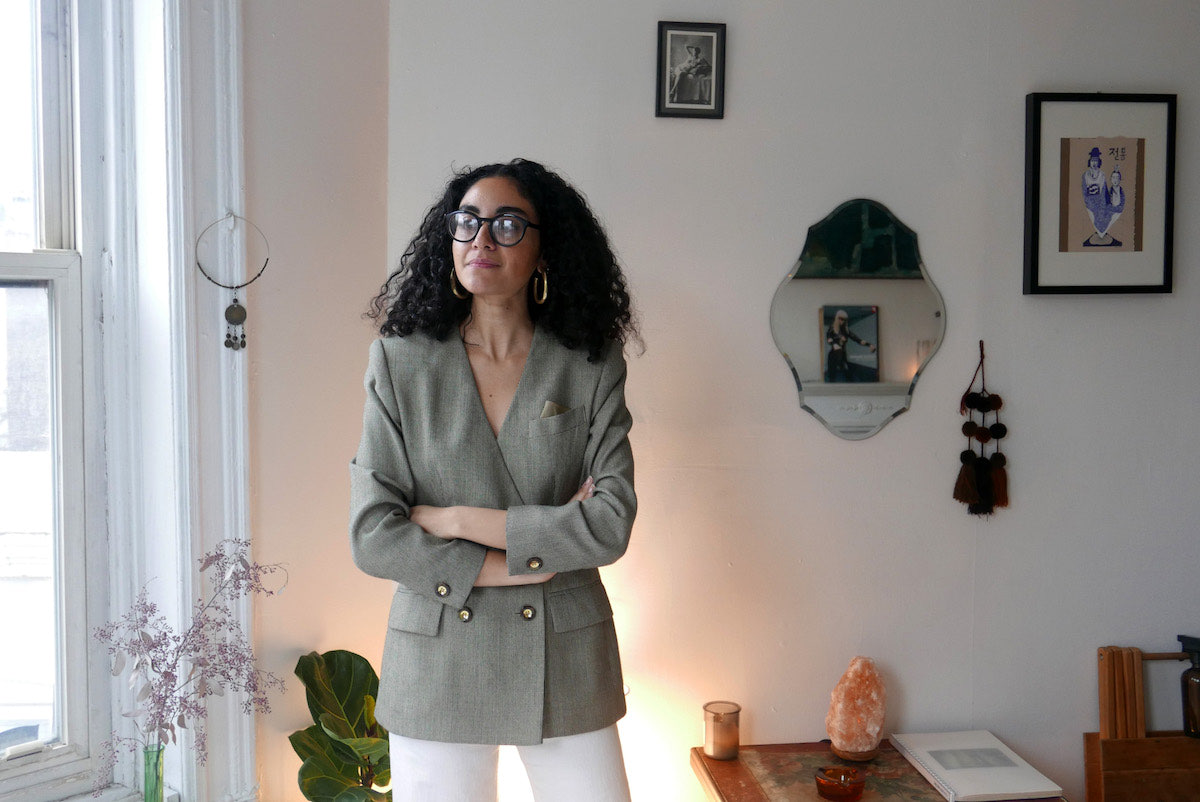
Hawa Arsala on spiritual health and cultivating representation
Hawa Arsala emanates grace and exuberance. Both her bountiful spirit and judicious thinking are reflected consistently throughout the extensive work she has contributed to, be it Nike's "Be True" campaign starring vogue dancer Leiomy Maldano, or her most recent work for Vogue España. Since her beginnings in Oakland, California, as a nightlife photographer, Hawa's multiplicity of skills and work celebrates cultures, fosters representation and inclusivity, and disrupts the status quo.
Hawa welcomed us into the warmth of her sanctuary – her beautiful home in Crown Heights, Brooklyn – on a chilly afternoon, and talked to us about her journey as a creative, transparency in navigating financial stability, and spiritual wellness.
Hawa, tell us a bit about yourself.
Where to start? I’m a first generation Afghan-American, my parents fled during the Russian invasion in 1980 to start new lives here in the States. I remember going to daycare in the basement of an art gallery in Alexandria, Virginia. My parents took my sister and I to all the museums in DC; my mother encouraged my father to pick up photography, and I think all these experiences left a lasting impression on me and how visual of a person I am. I was a ballerina for 8 years until I moved to California, where I spent half my life. The west coast raised me to be very open, but I retained my east coast sense of drive and ambition. I have a Scorpio moon.
As a Creative Director and Strategist for several fashion and media brands, what is your own vision when taking on these projects?
When starting any new project, I am always thinking about how to create an authentic connection to, or reference from culture. It’s very important for my process to be intentional about every detail. I am so present and invested in my work in this way because it’s a reflection of me at completion. I have 3 desires: For the brand or collaborator, I want them to feel like they have both an ally in me and how I’ve worked in the industry and a welcome disruptor to traditional protocol. For the audience, I want people to tangibly feel a sense of authenticity and emotion—to be provoked or empowered by my work in new ways that help them re-engage with brands. If I have a team helping me bring that vision to life, I want them to bring pieces of themselves to the table in a way that is nourishing to them. It’s also extremely important for me to bring people onto projects who are underrepresented in the industry.
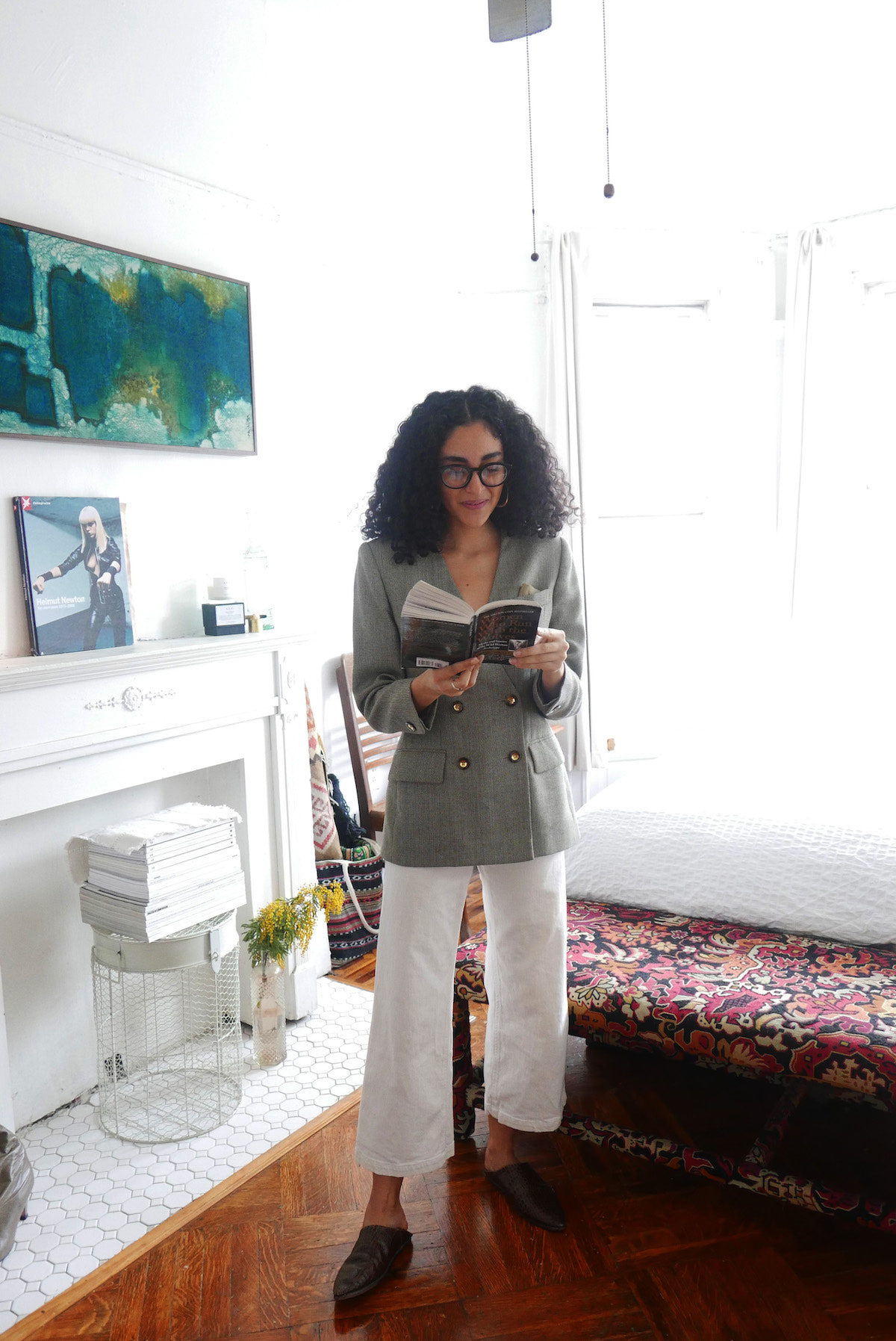
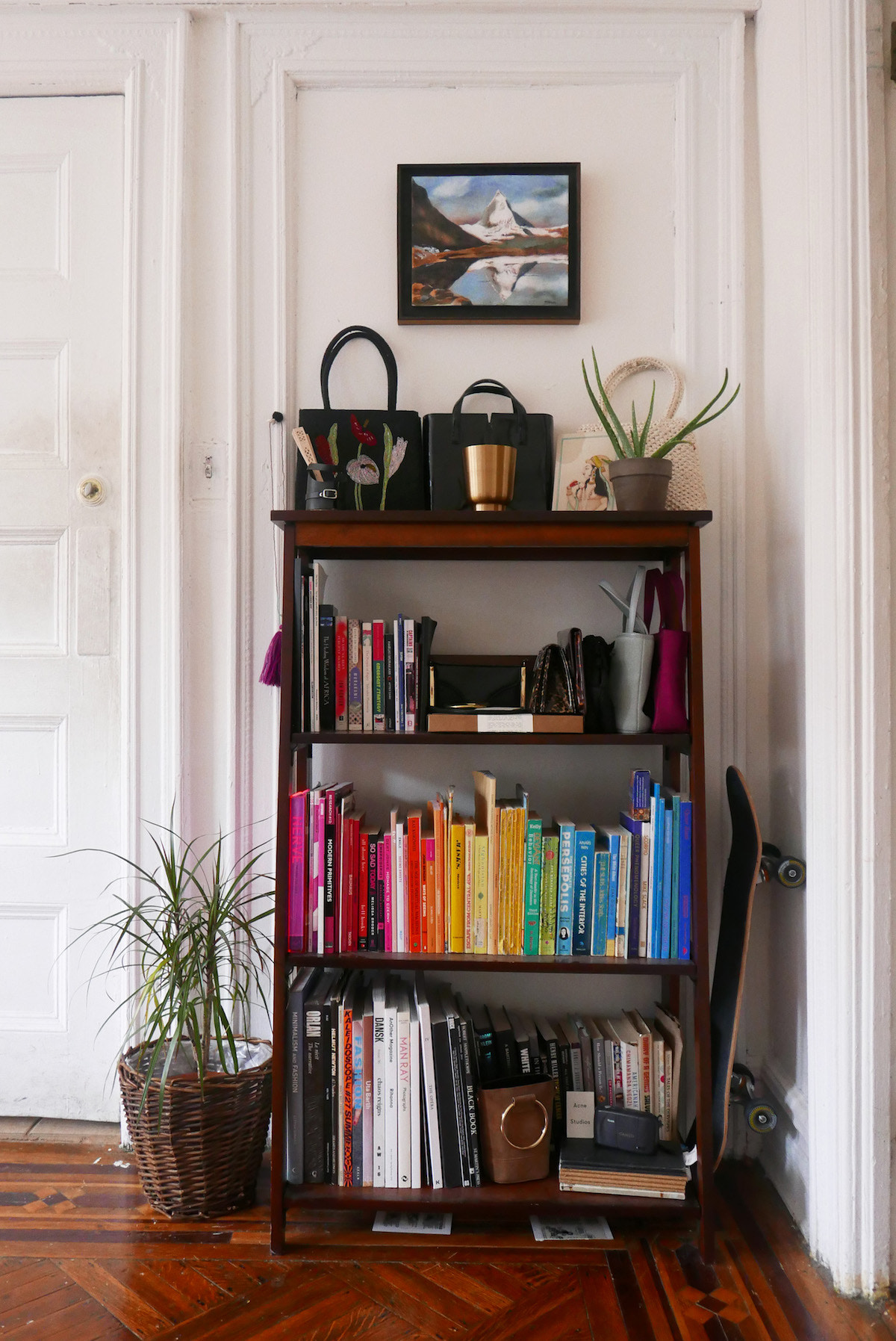
You are also the co-founder of media agency Browntourage. What was the catalyst for its creation and how has its mission evolved since being established in 2011?
The catalyst for Browntourage was a man wanting my co-founder Tonia Beglari and I to be part of his harem. In a split second we said we’d be his Browntourage. This gut reaction turned into a nightlife crew and then a blog with photos of brown women like Gayatri Spivak, Laylah Ali, and Rossy de Palma. The mission quickly grew to the conscious consumption and production of media after we started writing think pieces, long-form features, and creating all of our own content from scratch. Today we are in the process of evolving to accommodate the ways in which Browntourage principles have guided our personal work paths. Tonia is about to graduate from USC with a Masters in Interactive Media and Game Design and I currently work on the Experiential team at Viacom outside of my freelance work. Major transitions and projects are on the horizon.
To date, what has been the most rewarding project you’ve worked on, and why?
I’d have to say the Nike “Be True” campaign during pride was hands down one of the most rewarding projects last year. When Tonia and I started Browntourage, we always wanted mainstream media and brands to pay attention to subcultures in an authentic way, not just stealing cool. The video tells Leiomy Maldonado’s story in a way that just let her exist as an athlete. To fold that narrative into the fabric of what such a huge global corporation constantly pumps into mainstream consciousness is a win all around. So many people wanted and needed that video.
This year I’m super proud to have creative directed a spread on my dear friend Cameron Russell for Vogue España’s March issue. Following the “Me Too” movement, Cameron delivered a powerful speech at the Glamour Women of the Year awards on how “Me Too” has affected the fashion industry. She asked to include my top list of female creatives and photographers in her speech as alternatives to the choices the industry feels are the only ones. Eugenia de la Torriente, the Editor in Chief at Vogue España, was at the event and got in touch with Cameron’s team about featuring her in this issue, and I was brought on to develop the concept and bring on people from that list in the speech. I was in Amsterdam on this long call with Eugenia talking about feminism, fashion, self-determination, and suddenly the idea for the whole story popped into my head. I wanted to show the parts of Cameron that maybe not everyone has had a chance to see, that she is at once many parts of herself over different periods of time as a woman—and in this spread we explore 4 distinct identities. It was by far the most impactful project I’ve ever worked on—every single person from the team at Vogue to the cast and crew brought the utmost magic and determination to be part of a shift in the industry through tangible action. I don’t think I’ve woken up from the dream of it all!
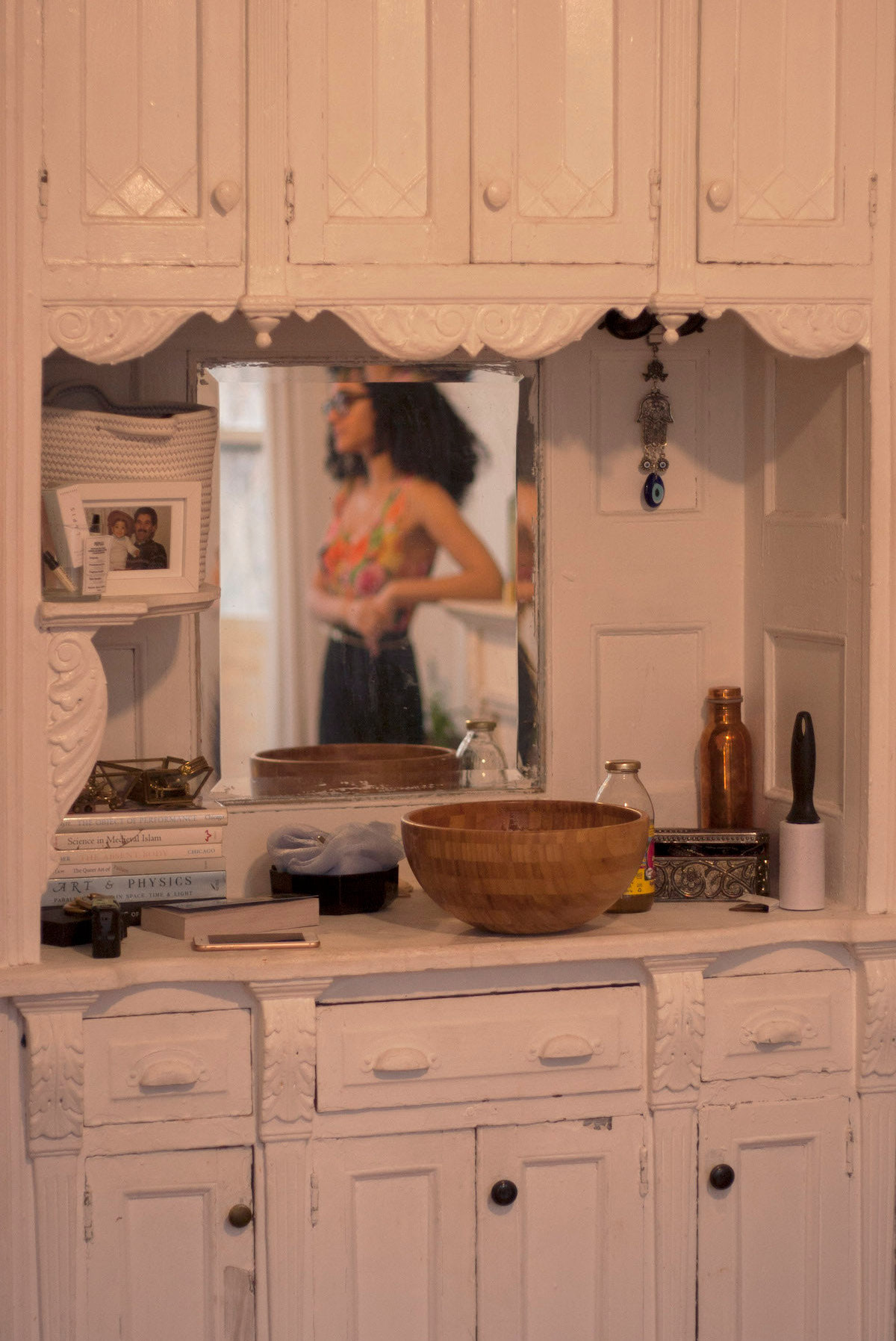
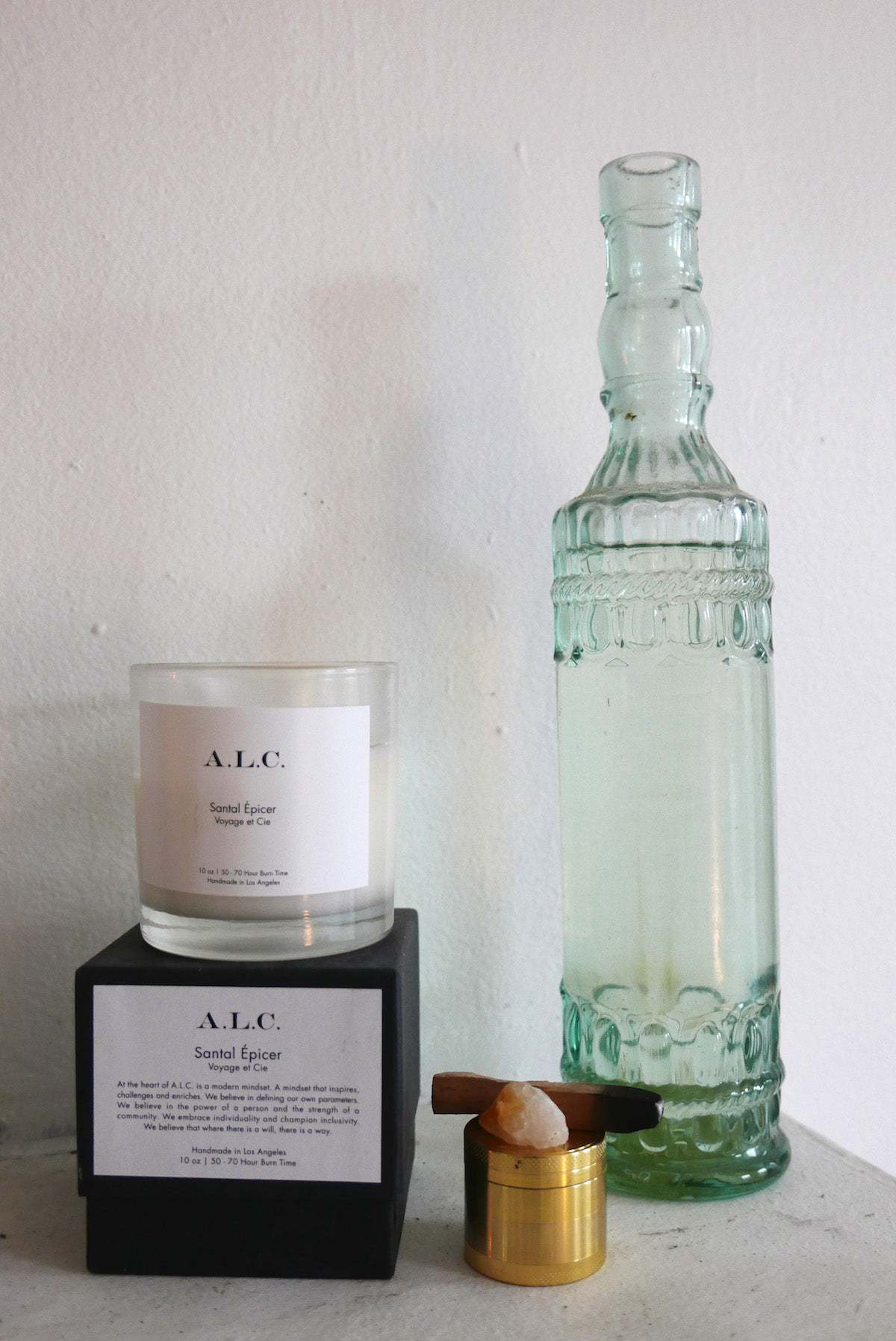
The evolution of the internet and the rise of the “influencer” persona has created a climate in which – as designer Recho Omondi puts it – “success seems to no longer be based on merit,” which can be disheartening for those who do not possess social media clout. A selfie can now seem to open more doors than five years of keeping quiet and working hard. How do you reconcile with “influence” as a measure of success with the trajectory of your own career? How do you think this gap can be bridged?
It’s wild how many people grapple with the same dilemma word-for-word, “should I post more selfies?” in order to be acknowledged for their offerings. Inherently, my work is very behind-the-scenes, and additionally every guiding principle, from the first day Browntourage came to life to the first day I decided to work for myself, is to create change in an industry on a symbolic level. I’m obsessed with semiotics, and I like to believe my work lives in the unseen places where meaningful communication is created. So from the jump, influence on social media doesn’t really factor into the trajectory of my career rather than grit and the confidence that I have a point of reference, taste, and intuition that nobody else has. Of course it helps to have a poppin social presence, but my process means my trajectory is slower, though I like to think it has immense endurance. I’m no stranger to self-doubt, I’ve definitely grappled with that selfie question. At the end of the day, I have to remain true to myself and know I will attract the opportunities that are right for me.
I don’t think this gap should be bridged. The era of the “influencer” is slowly coming to an end along with a steady decline in how young people use social media. I deleted the instagram app off my phone for the month of January without really telling anyone and it’s been so amazing to see how positively it’s affected my life. The influencer came to rise because we stopped trusting brands and we grew to trust “real people” instead for their opinions. I can’t say “influencers” have any one motivation in receiving social or real currency from brands for access to their networks, but there is a disillusionment on the influencer and “civilian” end. Especially with the rise of finstas and wanting a safe space to be “oneself” outside of one’s influencer account. It might be a little far off, but I think what’s next is trusting ourselves and experiencing for ourselves. Millennial and Gen Z parents know how much anxiety is a part of the fabric of our social lives, and I think they’ll want to either do without these platforms, or use them in ways that will force an evolution in tech that rebalances hierarchy.
I also find this piece Janet Mock wrote for Allure on pretty privilege a great and necessary tangent to this conversation.
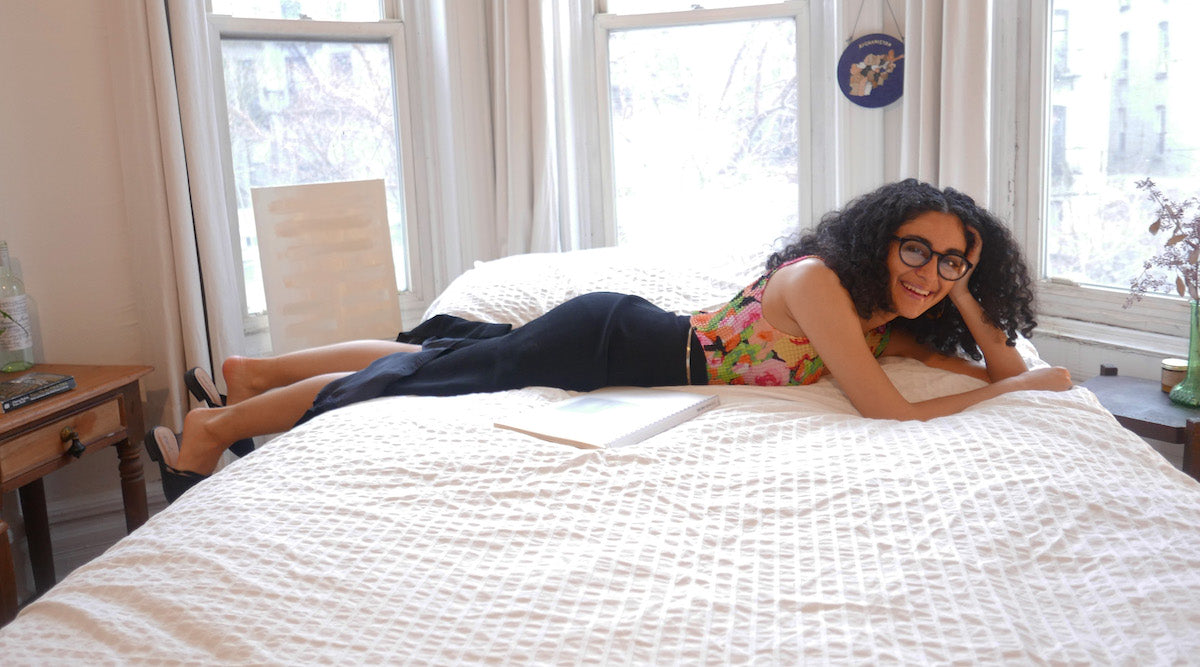
At The Working Woman(of Color) Conference, you were invited to speak about creating financial stability and sustainability. As someone who has occupied creative roles in both freelance and structured full-time settings, could you share what have been your main takeaways about monetary stability and sustenance? In the age of digital smoke and mirrors, how can we foster more transparency about this subject?
One of my main takeaways in navigating financial stability has been to transform my relationship to money and economic liberation. Scarcity consciousness is something I’ve struggled with most of my life, and I’ve faced it by taking big risks and realizing that monetary stability is inherently connected to my emotional and mental state. I’ve walked away from a stable start-up job after college to pursue photography and creative work because I came to life with a camera in my hands in ways coding wasn’t doing for me. While totally jobless, I’ve chosen to make a big investment in a nice pair of shoes because of how I feel walking down the street in them. I took myself on a European eat-pray-love trip after leaving a toxic workplace because I knew it would pull the pieces of me together after feeling shattered. I’ve shared a bedroom with a roommate, I’ve Trader Joe’s meal prepped like crazy, I’ve picked up all sorts of odd jobs to make ends meet, but most importantly I discovered that my mental, emotional, and spiritual health is currency to me. I need to feel healthy in all of those ways in order to be able to both receive abundance and to not be discouraged in times of scarcity. Sometimes that’s a riskier path for people, but the more you take those risks the more you’ll know when you should be taking them. My mother always said when you spend money, it will return to you. I truly believe in that.
I think we need to talk about money more with our friends and people we trust. It can be as simple as asking for advice on a hypothetical situation if you don’t want to disclose your personal finances, but it’s important that we knowledge share not only to make sure our worth is respected but to also be accountable to each other. I’m a big fan of reciprocity. In being open about money and finances we learn from each other, but we are also able to help each other in times of abundance, and receive in times of scarcity. I think that’s such a beautiful way to build community.
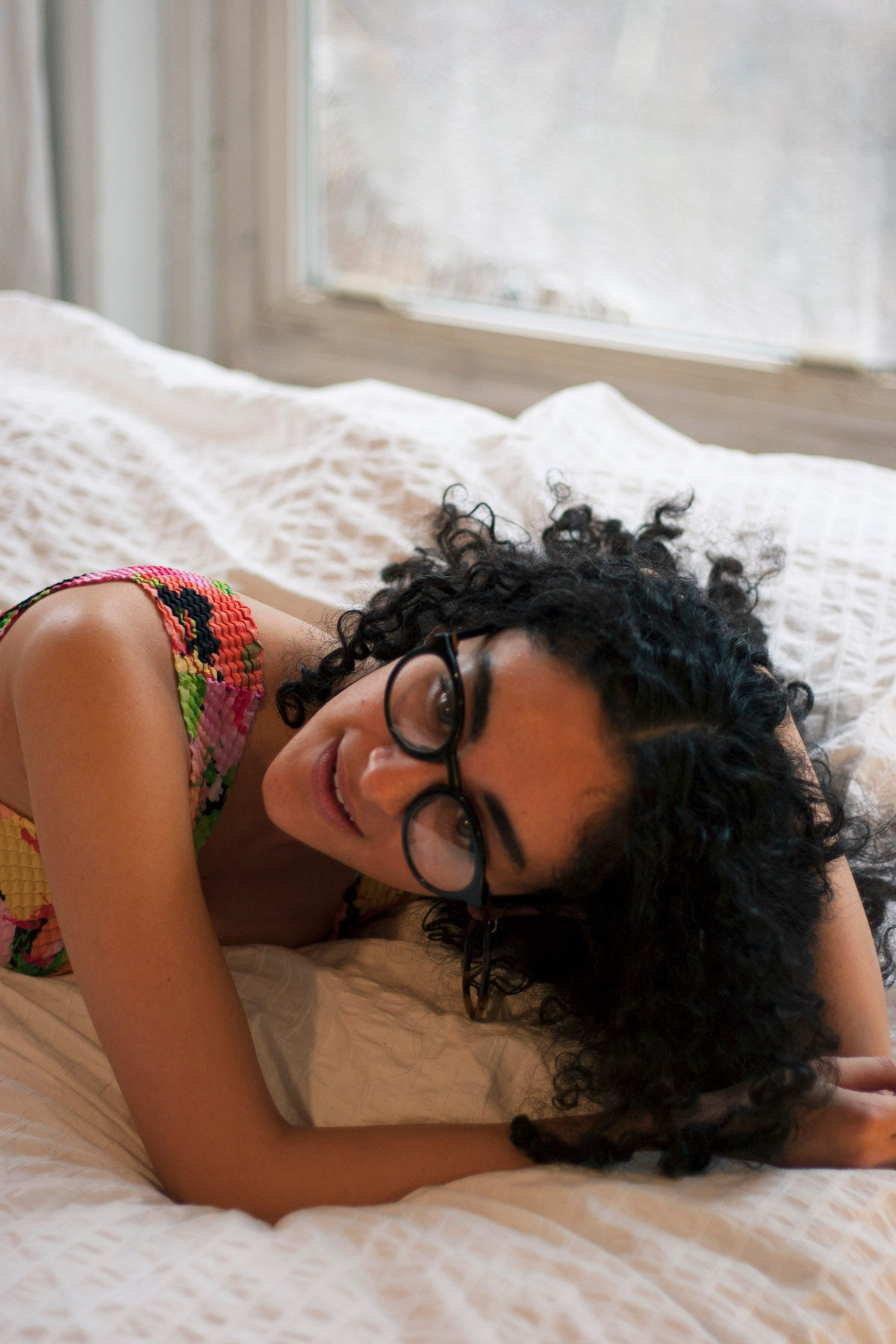
What prompted your transition from the Bay Area to New York City?
I always dreamed of moving to New York, and through Browntourage we’ve been able to keep tabs on the city digitally for years. I slowly took the city in through work trips, and then freelancing bi-coastally in the year before I moved. The Bay is an amazing and rich place, but I felt like I did all I could do in the 10 years I spent there. I knew New York had so much to offer me in terms of my career. I just woke up one day in my downtown Oakland apartment ready to pull the trigger and landed in New York less than a month later.
Having creative control is often romanticized as the ultimate professional goal, but seeking ultimate spiritual and artistic fulfillment might be better sought outside one’s career. What is your experience with compartmentalizing your personal life and routine work contexts?
I’ve been lucky enough to start to merge these two together as I grow professionally, but I’ve definitely had times where I’ve had to separate the two. For one, having radical politics was something I needed to hide in order to survive climbing the ladder. This was just indicative of neither diverse nor inclusive workplace settings. There’s now this trend of bringing your “whole self” to work, and in my current role at Viacom I actually feel like I can do that. Where people enjoy hearing about my work outside of the office because they genuinely think it adds to my work in the office. It feels like such a rare luxury.
In terms of spiritual and artistic fulfillment, I can get that from my work at times but it’s also important for me to have my own sanctuary of protected practices that are strictly for me and my eyes. I believe I have many incarnations of work and spiritual fulfillment in this life, so it’s important to not cling to any one outcome above everything.
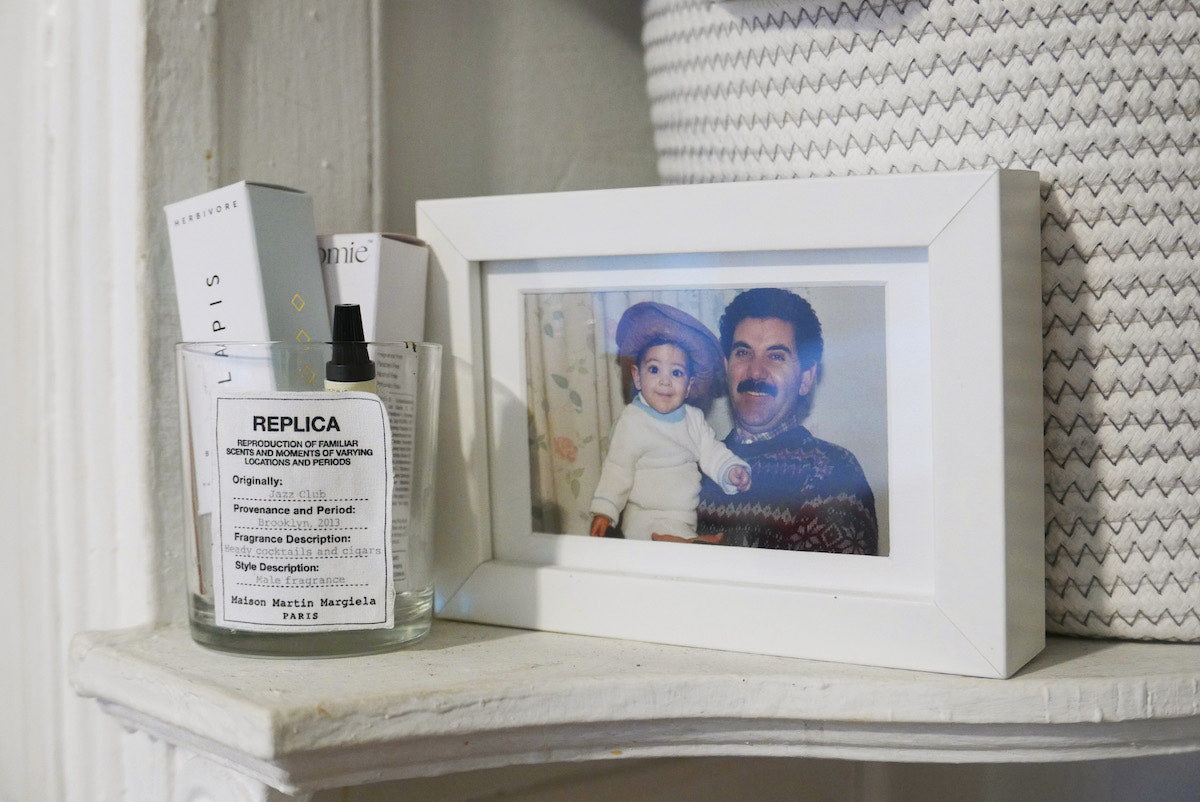
You identify as post-modern. What do you mean by that?
It’s such a college answer of me but as soon as I learned about post-modernism and the rejection of universal truths and narratives I jokingly claimed anytime someone would ask me about identity, that will be my response. I’ve kind of stuck to it because it’s a conversation starter. To me identity is a conversation, not a static thing in time.
How do you practice self-care? What nourishes you?
Taking care of my body, spirit, and my space is of utmost importance to me. I’m obsessed with skincare as a ritual, herbal supplements and immune boosters, and cooking a balanced meal (when I have time). In terms of my spirit, I have a journal writing practice, I keep the company of some amazingly reflective and caring friends, and I think social media cleansing is going to be a new thing this year. My room is also my ultimate sanctuary. I love filling it with the objects and artifacts that mean the most to me, fresh flowers, candles, plants, rare books, and furniture I’ve found mostly on the street.
Other than that laughter, love, and natural hot springs.
What was the last thing you read?
“Women Who Run with the Wolves” by Clarisa Pinkola Estés. I walked into the new year starting it and I stretched every word out over the last couple months. 2018 is a very important year for me and the intentions I’ve put forth, and this book has so many amazing gems in it I can’t recommend it enough. And for those who want to better understand women, how to court them, how to nourish them, you should read it too.
